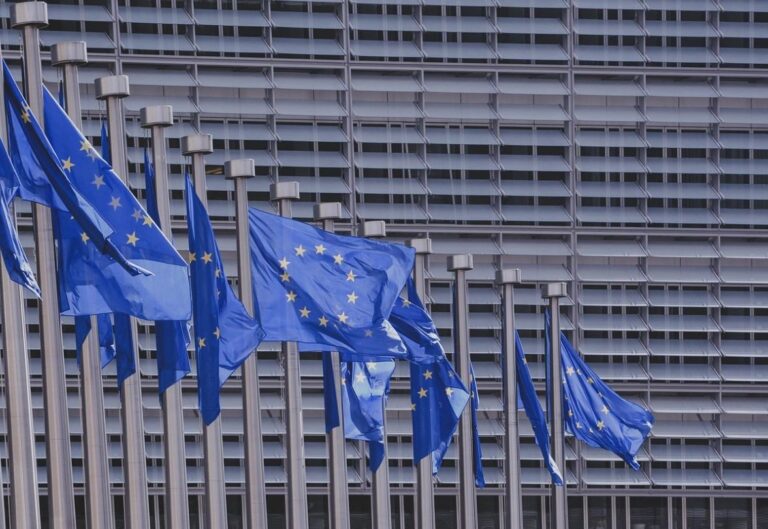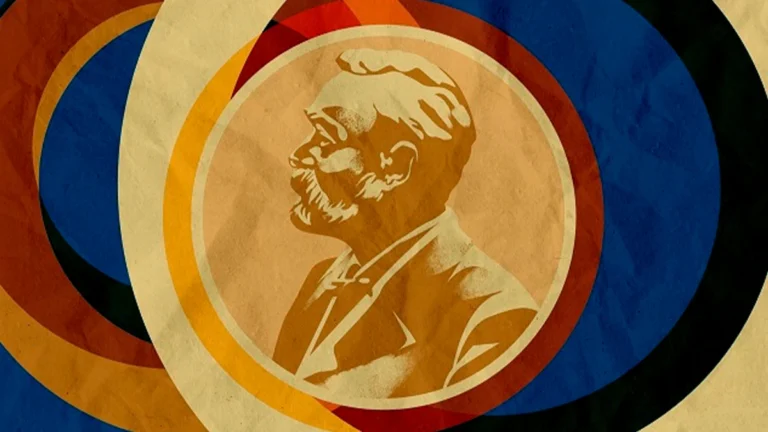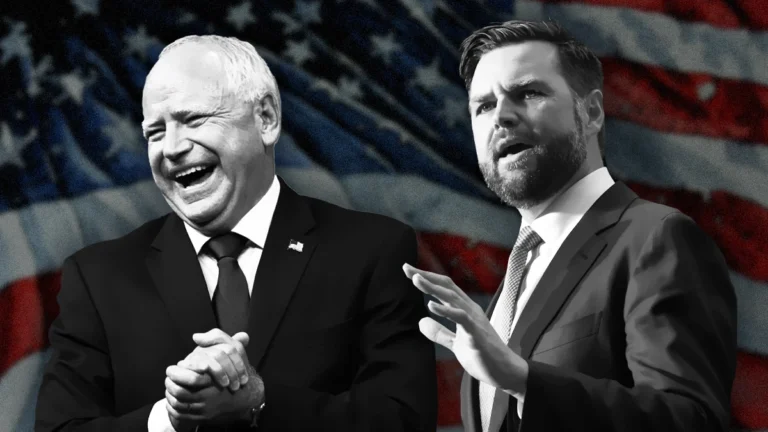The agreement on migrants in Europe, after the European Council, could end in a deadlock. This is due to the hostility of two nations calling for unanimous approval.
Table of Contents
The agreement on migrants in Europe could blow up after the European Council
The hostile nations are Poland and Hungary. But this is nothing new as the position of the two mentioned nations was already clear from the forecasts and after the draft on the work of the European Council.
The agreement on migrants had been found on 8 June in Luxembourg. And, to the surprise of the European Union (EU) countries, Italy had also voted yes. What was missing to make the agreement between the 27 member states complete and effective was unanimous approval.
The pact had in fact the approval of the qualified majority. And had completely ignored the firm ‘No’ vote of Poland and Hungary. Which are renowned for their migration policies aimed at security rather than reception.
This time the two Eastern European nations will not let up. And have in fact demanded unanimous approval of the migrant agreement.
Poland and Hungary also complain about the scarcity of funds. EUR 15 billion that the European Commission should allocate to tackle the migrant emergency. The two nations would like more money to better implement the management of flows and reception.
Italy’s position at the European Council
Italian Prime Minister Giorgia Meloni, meanwhile, although she is an ally of the presidents of the two hostile nations and is willing to listen to their positions, would seem to be satisfied with the agreement found. As, for the first time in years the EU has shown solidarity and identified a common strategy to deal with the migratory flows that mainly affect the nations bordering the Mediterranean Sea.
She is also enthusiastic about the agreement that EU states could find with Tunisia to manage migration flows.
Agreements with non-EU states other than those of the EU bloc, especially with the states of the Mena (Middle East and North Africa) Region, would respond to the demand to reduce migration flows.
In order to realise these agreements, especially from an economic point of view, the intervention of the International Monetary Fund is also necessary. Which would have the task of economically helping the countries affected. Such as the aforementioned Tunisia to implement the necessary reforms to limit departures.
In this case, however, although Meloni is convinced of the effectiveness of this strategy, some nations might put up a wall and slow down the work. Thus, because they are concerned about the actual respect for human rights in many North African and Middle Eastern countries.












